The Unified Voice
of Energy Storage
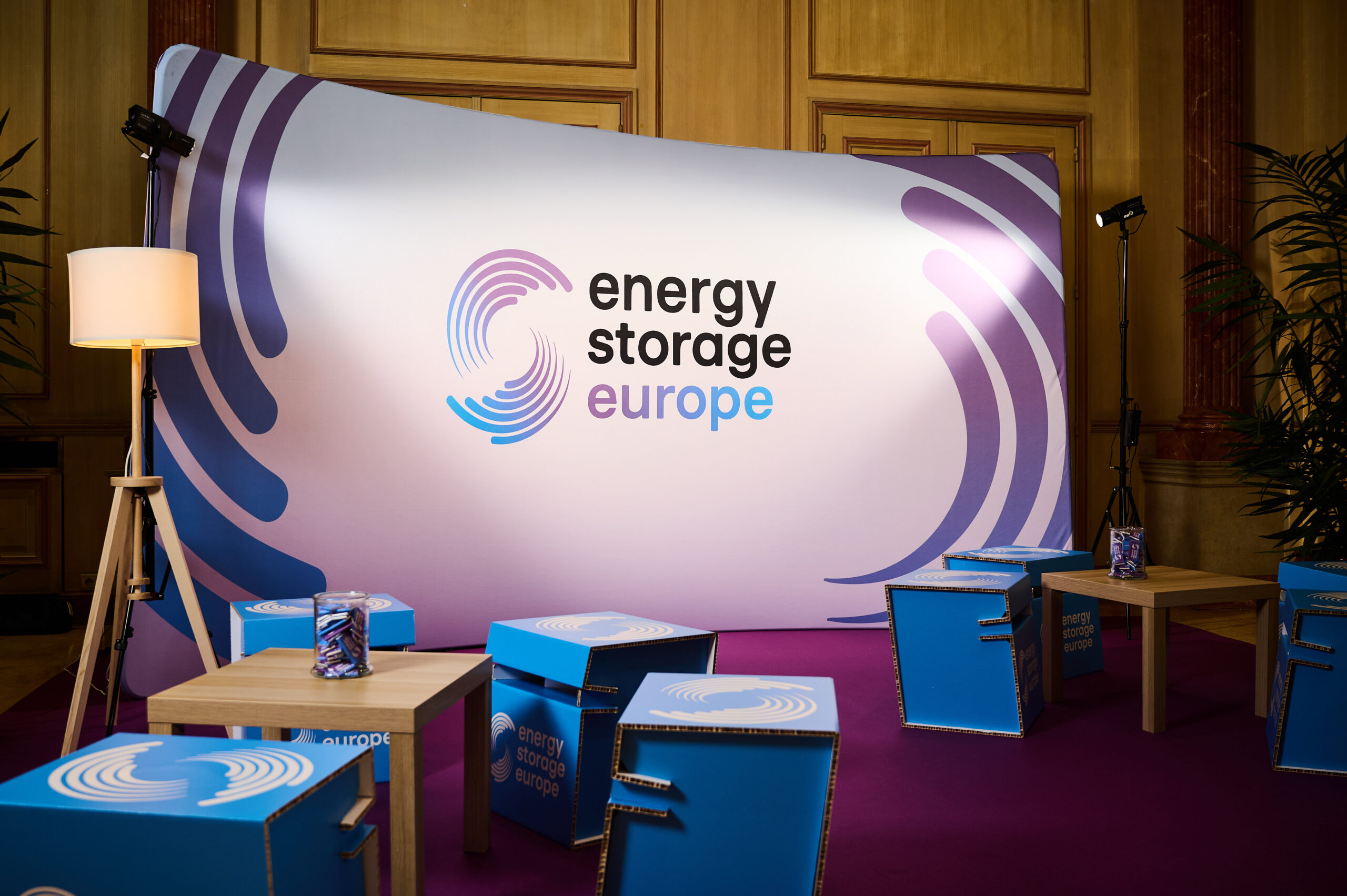
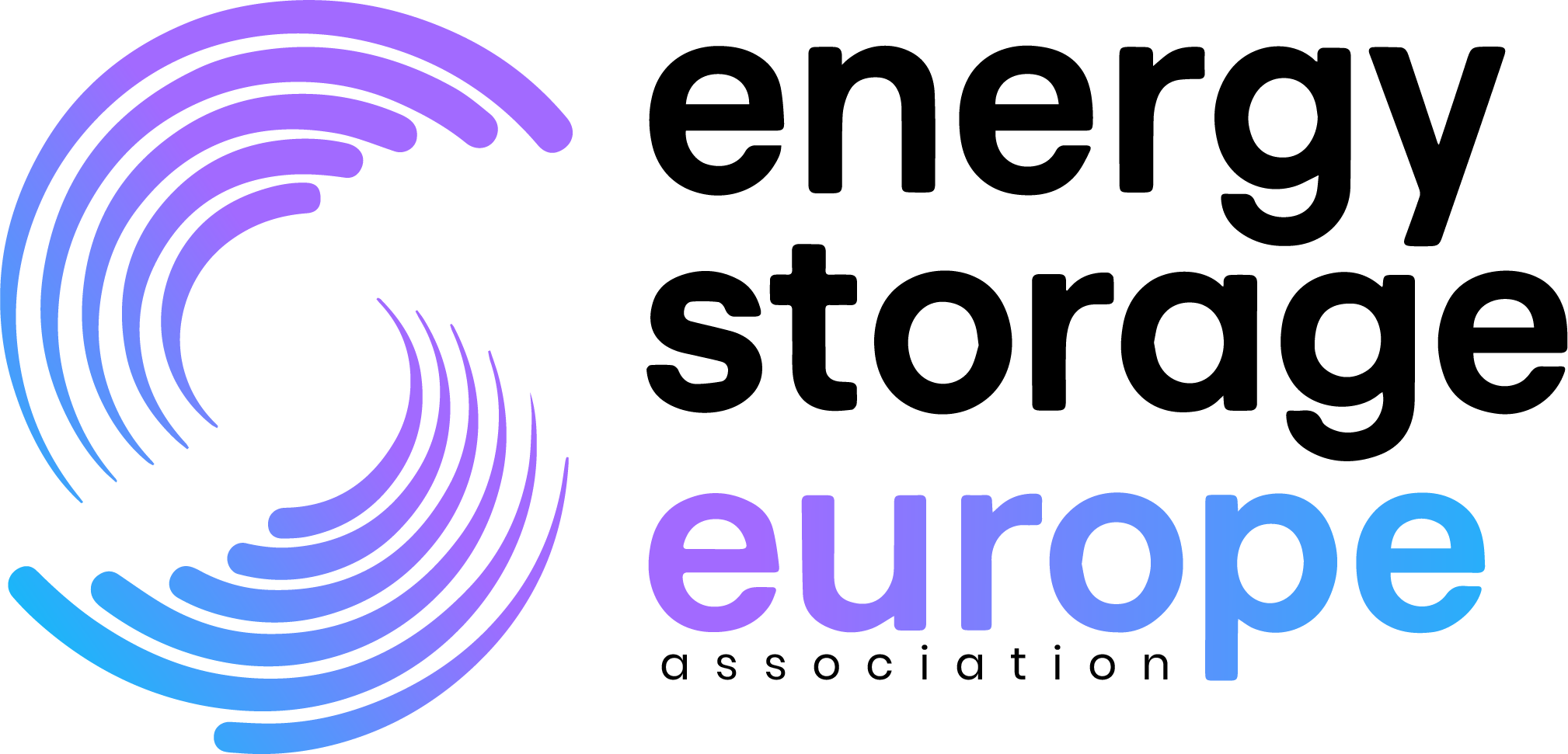



Energy Storage Europe Association is actively shaping the legal and R&D funding framework for energy storage at EU level. Members gain direct influence in the European decision-making process.

Members benefit from the Energy Storage Europe Association’s expertise and technical know-how, and they can participate in EU-funded research projects.
The Energy Storage Europe Association is currently involved in many EU-funded projects.

Energy Storage Europe Association gathers knowledge, information and data about future market developments that can help the energy storage stakeholders to adapt to the changing business environment.

Featuring in Energy Storage Europe Association’s publications and events, such as the Energy Storage Global Conference, gives you visibility and the opportunity to strengthen your network among storage experts.
The Energy Storage Global Conference 2025 organised by the Energy Storage Europe Association from 14–16 October, brought together industry stakeholders to discuss the latest developments in energy storage policies and markets, with an additional focus on the Benelux region.
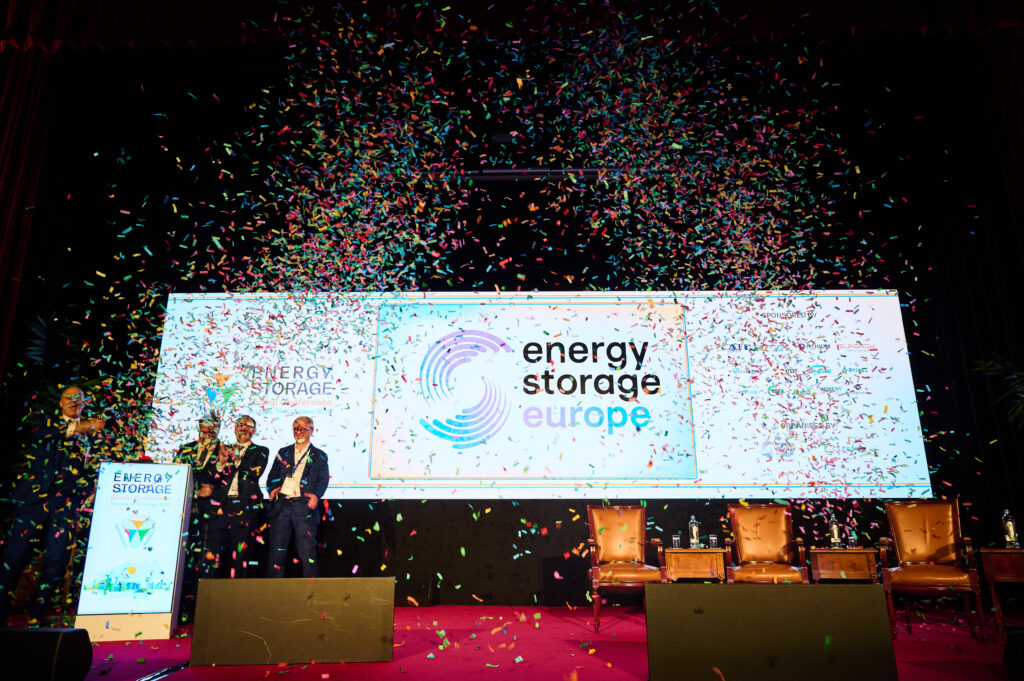
The European Association for Storage of Energy (EASE) today announced a rebranding to better reflect the rapid evolution of the energy storage role in the energy storage system. EASE will now be known as the Energy Storage Europe association, with a new identity designed to give the sector a stronger visibility. This transformation marks a significant milestone as the association approaches its 15th anniversary and reflects the central role that energy storage now plays in Europe’s energy future.

On 27 January, the Estonian government coalition announced plans to hold auctions for offshore and onshore wind parks, each with a capacity of 2 TWh. These auctions, set to be launched in April, are part of broader efforts to transition to renewable energy and enhance the country's energy security.
Energy Storage Europe Association has joined 62 other businesses and civil society organisations in signing a letter calling for the Commission to maintain at least 30% horizontal spending target for investments in climate and the environment in the post‑2027 Multiannual Financial Framework.
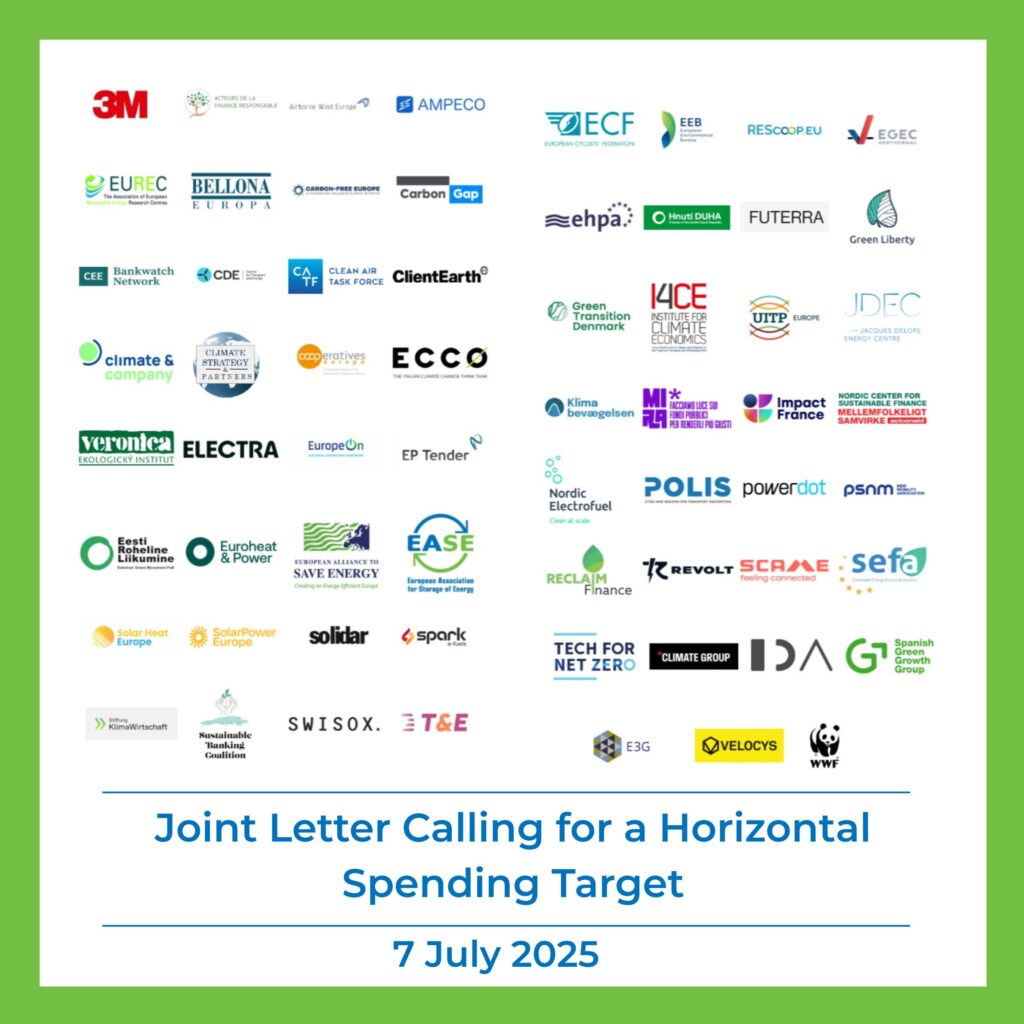
On 2 July 2025, the European Commission published guidance on renewables, grid infrastructure and network tariffs. The communication aims to accelerate the rollout of grids, storage infrastructure and design future-proof electricity network charges. Energy storage can bring benefits that will lower system costs and consumer bills, as network charges are expected to rise across the EU.
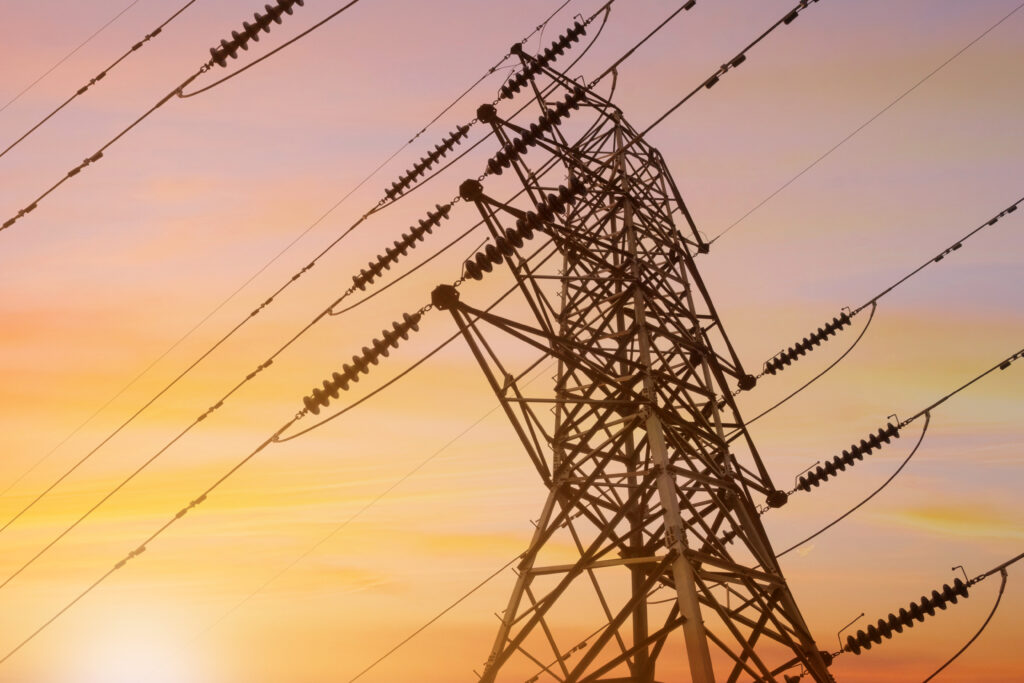
The agreement contributes to the development of climate technologies, or cleantech, in a first-of-a-kind project to support European energy resilience, helping stabilise the power grid and promoting decarbonisation in the energy industry.


Energy Storage Europe Association responds to the European Commission’s Public Consultation on the European Grids Package, calling for clearer guidance and obligations on flexibility assessments in planning processes. This includes common methodologies, improved DSO-TSO coordination, and enhanced grid connection procedures. Storage should be considered a standard resource for grid services and reflected accordingly in system planning, cost-benefit analyses, and network development scenarios.
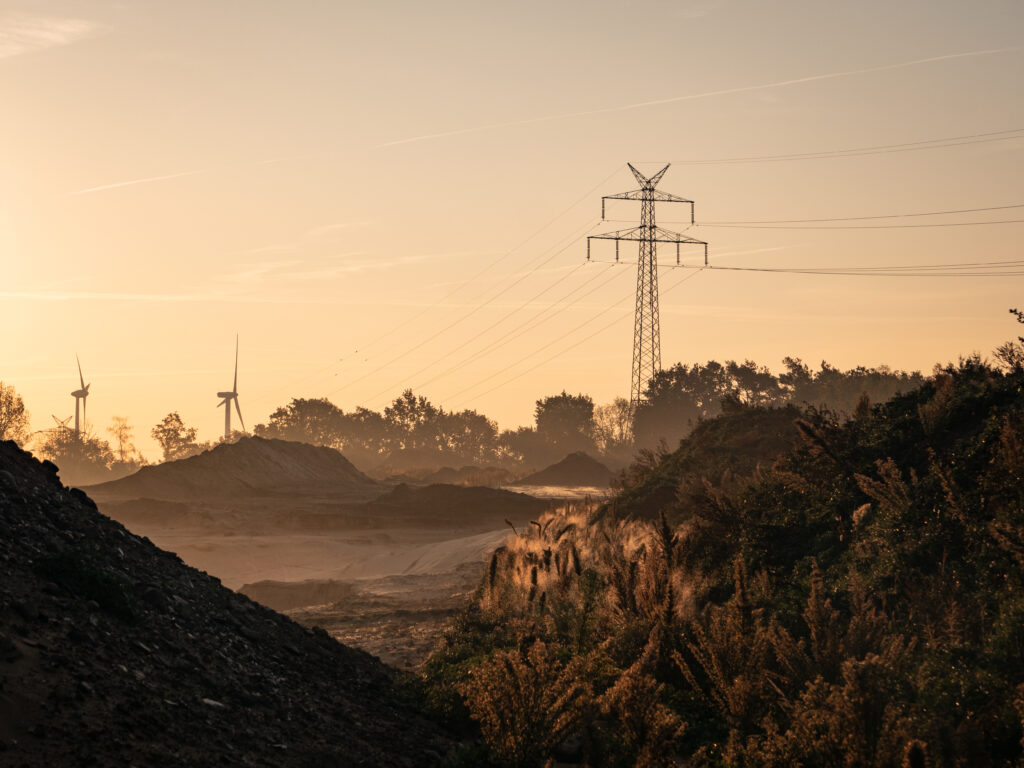
The European Commission has recently launched a stakeholder consultation on its upcoming guidance regarding grid connections in situations where capacity constraints exist. In response, Energy Storage Europe Association urged reforms to tackle stalled “ghost” projects blocking viable energy storage. Key recommendations include a “first-ready, first-served” model, transparent grid data, and more flexible rules to accelerate the clean energy transition.

On 27 May 2025, over 200 participants attended the webinar on the "EASE Guidelines on Safety Best Practices for Battery Energy Storage Systems". The Guidelines are designed to support the safe deployment of outdoor, utility-scale lithium-ion (Li-ion) BESS across Europe.
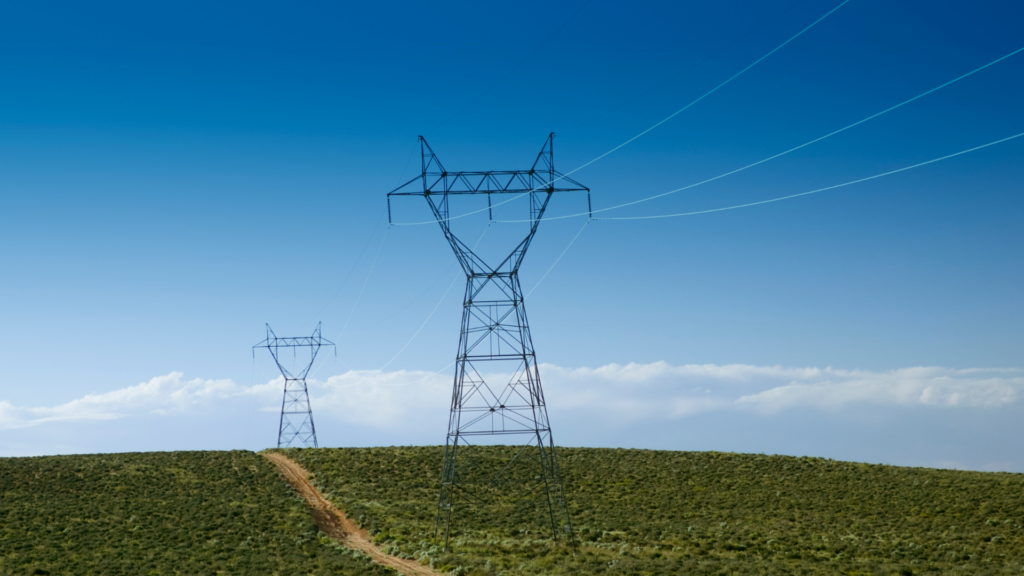
Energy storage is a key enabler of the European Union’s decarbonisation and energy security objectives, yet current grid fee structures often act as barriers to its deployment. This position paper outlines critical challenges related to network tariffs and charges that create market distortions and discourage much-needed investments in flexibility.